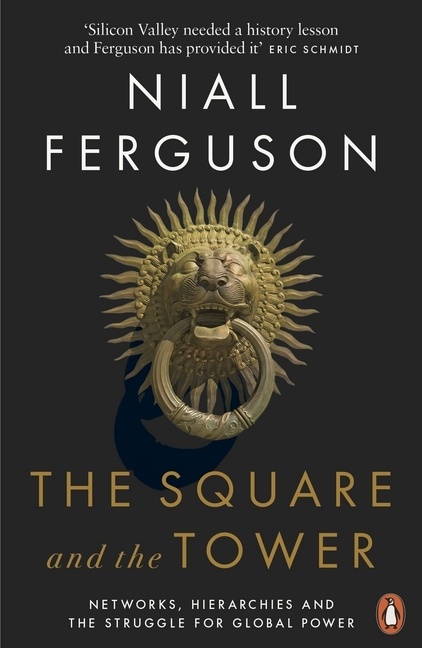Read more
Informationen zum Autor Niall Ferguson is one of Britain's most renowned historians. He is the Milbank Family Senior Fellow at the Hoover Institution, Stanford University, a senior faculty fellow of the Belfer Center for Science and International Affairs at Harvard, and a visiting professor at Tsinghua University, Beijing. His most recent book is The Square and the Tower. Klappentext Most history is hierarchical: it's about popes, presidents, and prime ministers. But what if that's simply because they create the historical archives? What if we are missing equally powerful but less visible networks - leaving them to the conspiracy theorists, with their dreams of all-powerful Illuminati? The twenty-first century has been hailed as the Networked Age. But in The Square and the Tower Niall Ferguson argues that social networks are nothing new. From the printers and preachers who made the Reformation to the freemasons who led the American Revolution, it was the networkers who disrupted the old order of popes and kings. Far from being novel, our era is the Second Networked Age, with the computer in the role of the printing press. Once we understand this, both the past, and the future, start to look very different indeed. Zusammenfassung THE NEW YORK TIMES BESTSELLER 'Silicon Valley needed a history lesson and Ferguson has provided it' Eric Schmidt Most history is about the people at the top of the towers of power. But what if the real action is in the social networks down below, in the town squares? Niall Ferguson, the international bestselling author of Empire, The Ascent of Money and Civilization , brilliantly recasts past and present as an unending contest between hierarchies and networks. 'Provocative, snappy, a rare book ... fasten your seatbelts' Peter Frankopan, Daily Telegraph 'Immensely stimulating, absorbing, illuminating ... sends ideas blazing all over the place ... one of the best popular historians of our time' David Goodhart, Prospect 'Powerful, fast-paced ... a pull-yourself-together warning to the present by way of arresting historical precedent' Andrew Anthony, Guardian 'Captivating and compelling' Jonathan A. Knee, The New York Times ...

